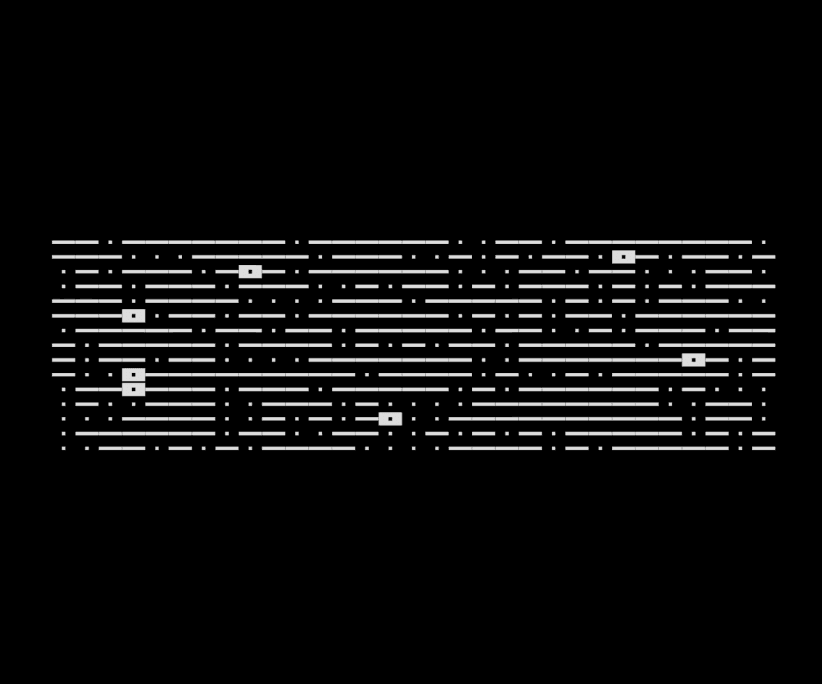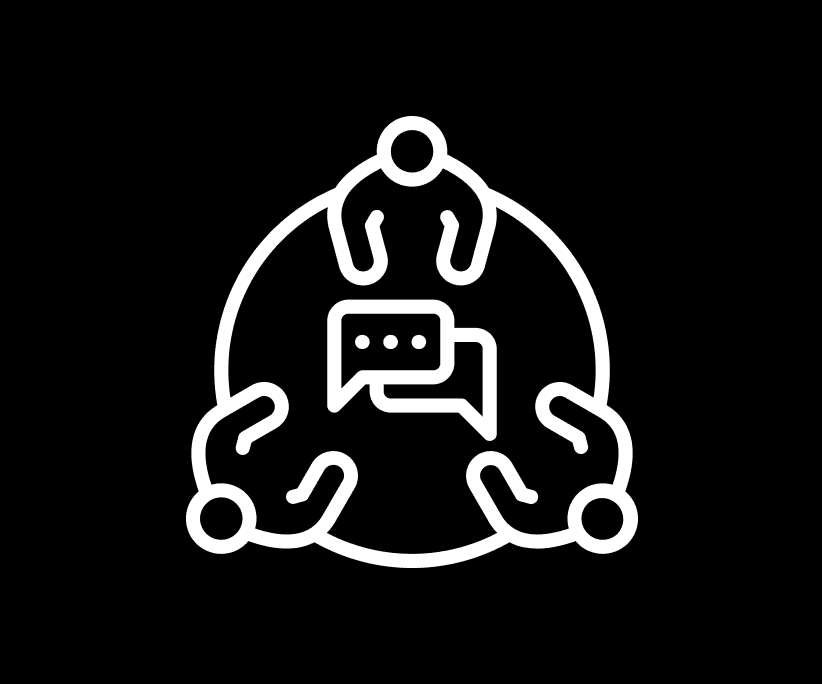Brazil’s AI Regulation: Balancing Innovation and Fundamental Rights
The Brazilian Senate has introduced Bill No. 2338/2023, which proposes a comprehensive framework to regulate artificial intelligence (AI). This legislation aims to balance the promotion of technological innovation with the protection of fundamental rights.
Key Highlights of the Bill
Foundations and Principles
The bill emphasizes principles such as human dignity, democratic values, and sustainable development (Articles 1-3). It seeks to ensure non-discrimination, privacy, and innovation while fostering fairness and equality in the use of AI systems.Rights for Individuals
The regulation provides robust rights for individuals affected by AI systems, including:Transparency: Users must be informed when interacting with AI systems and provided clear explanations about the system’s operation and its decision-making logic (Article 7).
Right to Contest Decisions: Individuals can challenge decisions made by AI and request human intervention, especially if the decisions produce significant legal or personal impacts (Articles 8-10).
Non-Discrimination: The law prohibits discriminatory biases in AI applications and mandates mechanisms to rectify direct or indirect discrimination (Article 12).
Risk Categorization
AI systems are categorized based on their potential risks:General Risk: Requires minimal oversight.
High Risk: Includes applications in justice, employment, and healthcare, demanding stricter governance (Article 17).
Excessive Risk: Prohibits AI uses that exploit vulnerabilities or enable social scoring (Article 14).
Governance Requirements
Developers and operators of AI systems must adhere to governance measures to ensure:Transparency and accountability throughout the AI lifecycle (Article 19).
Impact assessments for high-risk systems, identifying and mitigating potential harms (Article 22).
Prevention of biases through inclusive datasets and diverse development teams (Article 20).
Encouraging Innovation
To foster innovation, the bill allows for:Regulatory Sandboxes: Controlled environments for testing AI applications under flexible regulations (Articles 38-40).
Data Sharing: Frameworks aligning intellectual property rights with open data practices (Article 42).
Accountability and Penalties
The regulation enforces strict accountability, particularly for high-risk systems:Developers and operators are liable for damages caused by their systems (Article 27).
Penalties include fines up to R$50 million per infraction, suspension of operations, or prohibition of certain data uses (Article 36).
Oversight Authority
A national authority will oversee the regulation’s implementation, ensuring adherence to international best practices and addressing compliance issues through monitoring and enforcement (Articles 32-35).
A Step Towards Global AI Standards
This proposed legislation places Brazil among nations adopting forward-looking AI policies. By embedding principles of human rights and accountability, the regulation ensures AI technologies contribute positively to society while safeguarding individual freedoms. This balanced approach fosters trust in AI and creates a predictable environment for innovation here.





